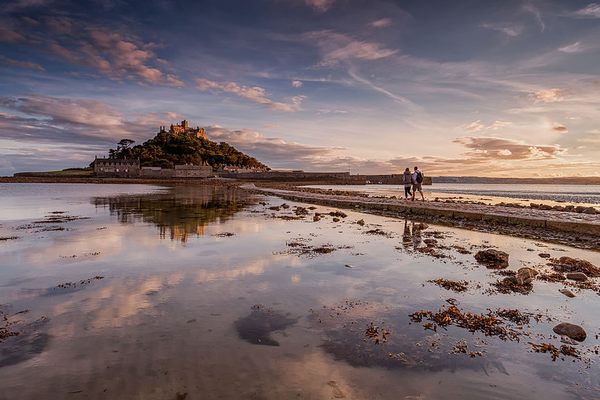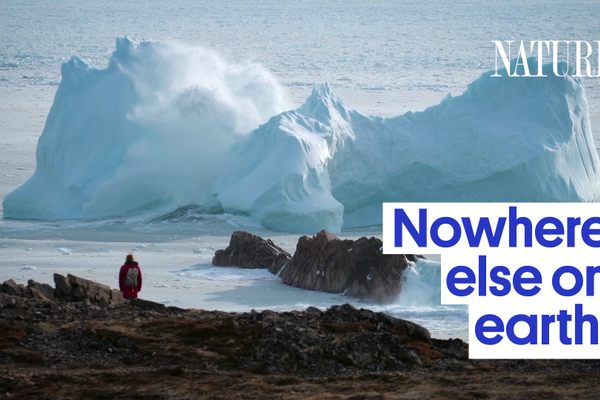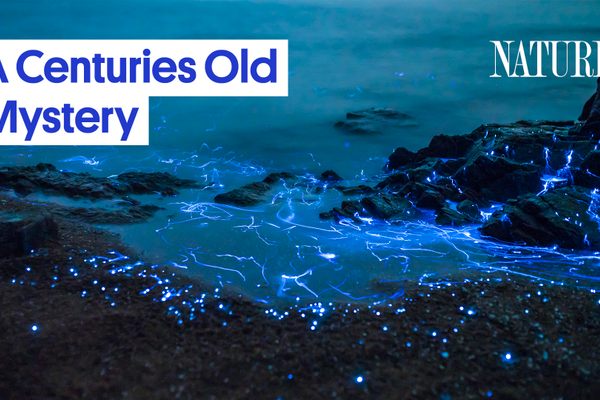Found: England’s First Resident Pod of Bottlenose Dolphins
A “dolphin census” proved that they weren’t just on holiday.

The county of Cornwall, in southwest England, is known for the dolphins that can sometimes be spotted riding tall waves alongside surfers. Records suggest that at least 17 different species of cetaceans frequent the area—including bottlenose dolphins. What wasn’t clear, however, was whether these dolphins were just occasional visitors or permanent residents of Cornish waters.
That’s why Rebecca Dudley, a master’s student at the University of Plymouth, decided to pull together the first Cornish dolphin census. Marine biologists asked anyone who might have spotted the marine marine mammals—easily identified and distinguished by the nicks on their dorsal fins—to share written and photographic records from 2006 to 2017. Dudley’s effort sparked the creation of the Southwest Bottlenose Dolphin Consortium, a network of scientists, research groups, and ecotourism operators coordinated by the Cornwall Wildlife Trust.
A total of 3,843 records were put in a database, which allowed Dudley to create “dolphin ID cards” for 98 individuals, 28 of which appear to be permanent residents, as they have been photographed in local waters throughout the year. Other pods have been reported off of Scotland and Wales, but this is the first permanent resident community to be identified in English waters.

“This research is proof that we have a resident population and is incredibly exciting,” said Ruth Williams of the Cornwall Wildlife Trust, in a press release. “Further work is needed but this is a huge step forward and I am proud of what our partnership between Cornwall Wildlife Trust, scientists, and boat operators has achieved.”
Understanding the local bottlenose dolphin population will be critical to ensuring its lasting presence, as it currently does not benefit from any special protection. Said Williams, “The future of these iconic animals is in our hands and we need to make sure the few we currently have in the South West are given the protection not just to survive, but to thrive.”













Follow us on Twitter to get the latest on the world's hidden wonders.
Like us on Facebook to get the latest on the world's hidden wonders.
Follow us on Twitter Like us on Facebook